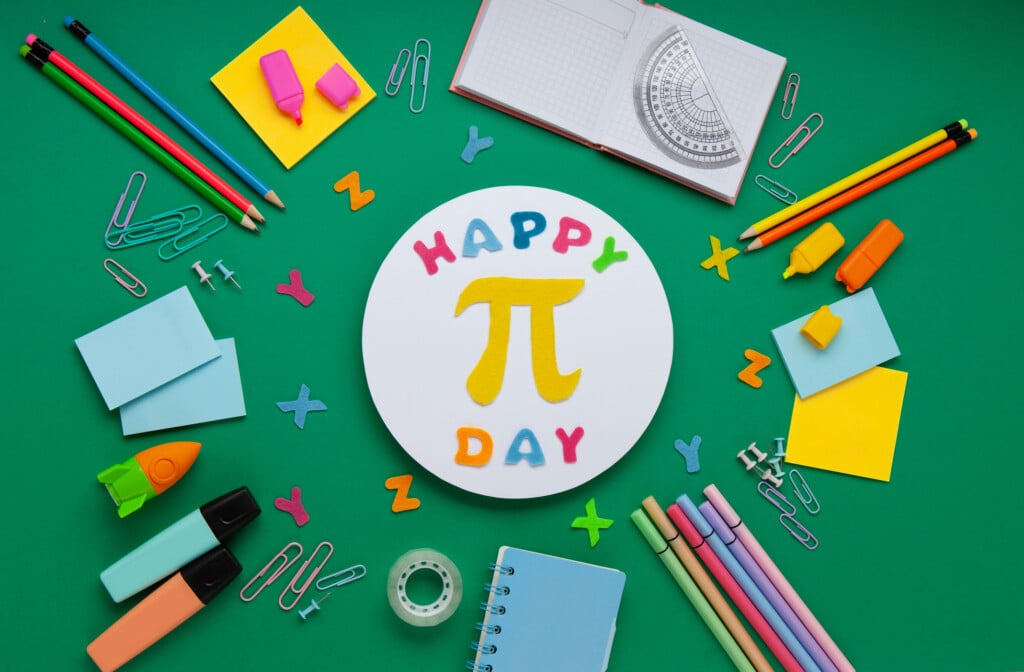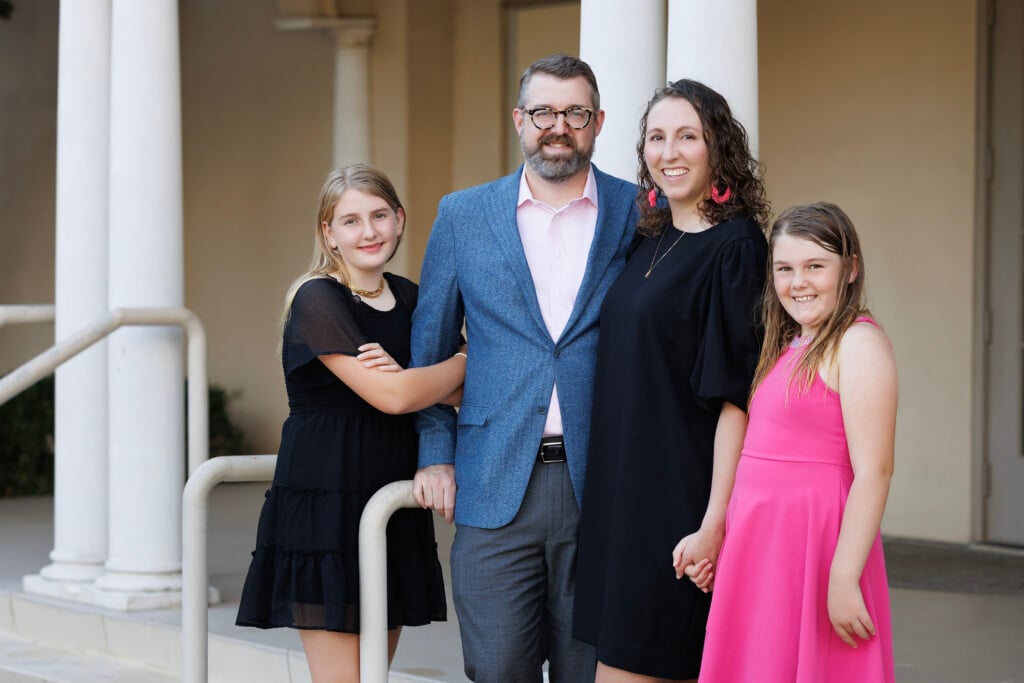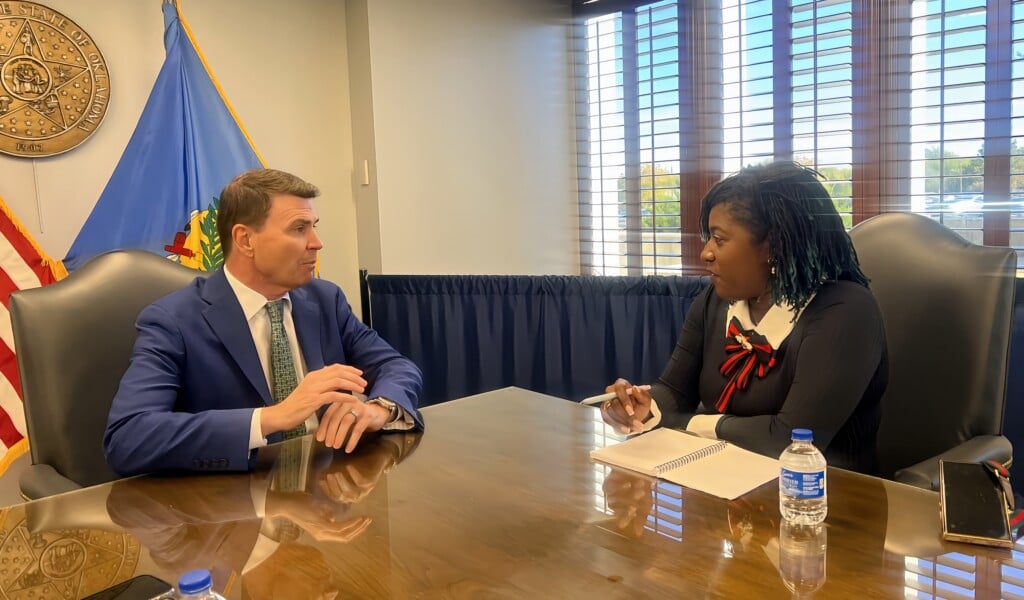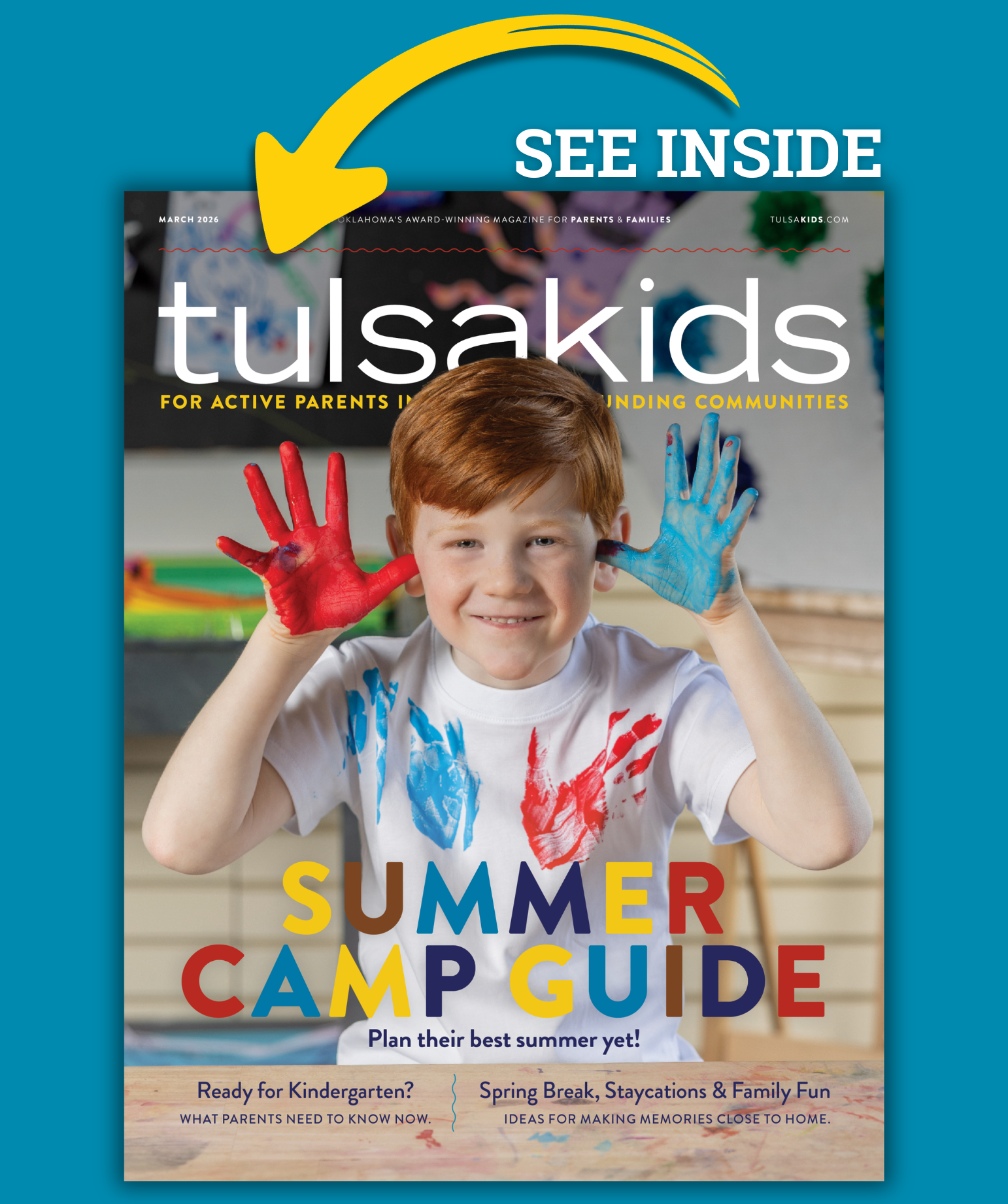Junk Food Curriculum
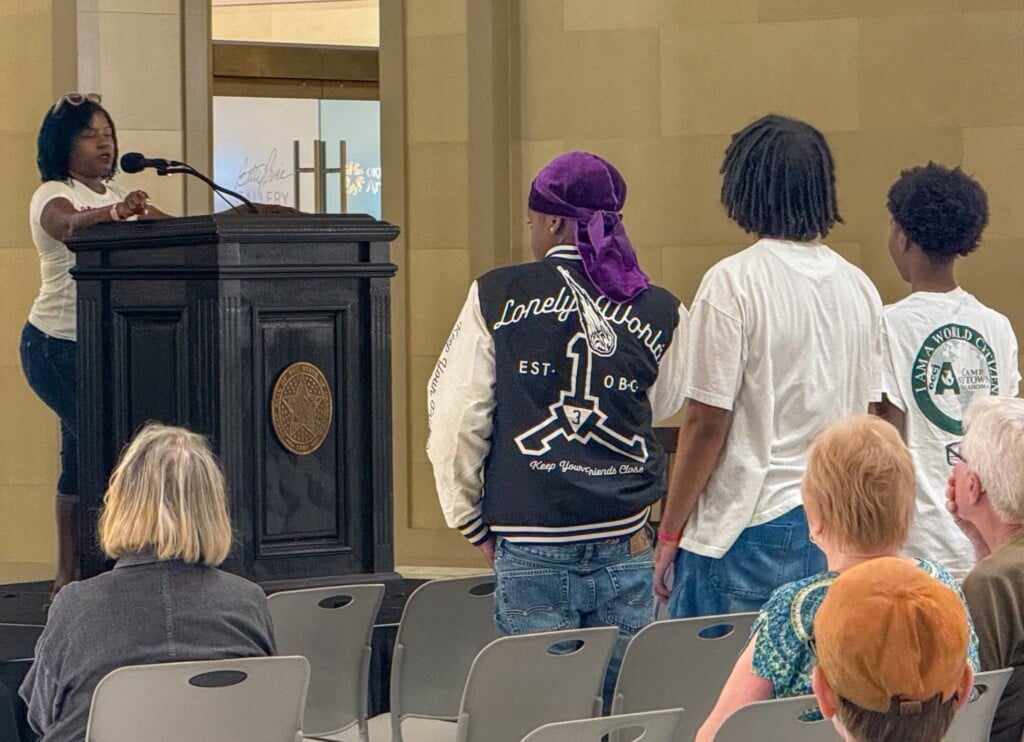
If you wouldn’t let your child eat candy for dinner, why let them consume junk history at school?
Parents are careful about what their kids eat. We read nutrition labels, limit the sugar, and push the veggies because we know that what children consume shapes their growth. But what about what they consume in the classroom? Curriculum is food for the mind—and lately, some of what’s being served looks a lot like junk food.
In Oklahoma, proposals are on the table to funnel tax dollars into schools and programs that aren’t accredited here, don’t have Oklahoma teachers, and in some cases, are openly driven by political agendas. One example making headlines is the American Virtual Academy, an online school tied to national organizations like PragerU. Even though the Oklahoma Tax Commission has ruled it ineligible for the state’s Parental Choice Tax Credit, there’s still a push to get it funded. That means public dollars could support a program with no real foothold in our state.
Why should parents care?
Because what our kids learn in Social Studies, English and other core classes doesn’t just prepare them for tests—it shapes how they see the world. A recent video circulating from one of these curriculum sources features a cartoon version of Christopher Columbus telling children that slavery was “no big deal” and “better than being killed.” That’s not education. That’s distortion.
Elementary students are sponges. At this age, they are forming their understanding of fairness, justice and community. If we allow misleading or politically motivated lessons to sneak into the classroom, we’re handing our children candy when what they really need is nourishment. Junk history, like junk food, might look appealing on the surface, but it leaves long-term harm.
For teachers, the challenge is real. They already balance standards, testing and the diverse needs of students. Now they may also have to push back against materials that undermine their work. Teachers should not be put in a position where they have to choose between state policy and telling children the truth. Parents, too, are left wondering who they can trust to provide their kids with accurate, age-appropriate lessons.
So, what can families do?
First, stay curious. Ask your children what they learned in school today, and don’t settle for a shrug. Watch the videos they’re shown in class when possible. Look over worksheets and ask questions. If something sounds off, it’s OK to dig deeper.
Second, show up. Attend school board meetings, parent-teacher nights and curriculum discussions. Your voice matters. Education decisions are often made by those who show up consistently. And when parents and teachers work together, they form a powerful partnership that keeps kids’ best interests at the center.
Finally, remember that this isn’t about left or right—it’s about right or wrong. Teaching children that slavery wasn’t a big deal is not a political issue, it’s a moral one. Parents of all backgrounds can agree: Our kids deserve to learn truthful history and meaningful lessons that help them grow into thoughtful citizens.
We wouldn’t let our children eat candy for every meal. We know it would harm their health. In the same way, we can’t let them fill up on junk history just because it’s being marketed with bright colors and friendly cartoons. Their futures—and our shared future—depend on something better.
 Dr. Tamecca Rogers serves as Director of Student Access and Success at Tulsa Technology Center. An award-winning author and filmmaker, she is committed to diversity, equity and inclusion in all her endeavors. Photo by Denice Toombs-Dotson with Lasting Impressions Photography.
Dr. Tamecca Rogers serves as Director of Student Access and Success at Tulsa Technology Center. An award-winning author and filmmaker, she is committed to diversity, equity and inclusion in all her endeavors. Photo by Denice Toombs-Dotson with Lasting Impressions Photography.

